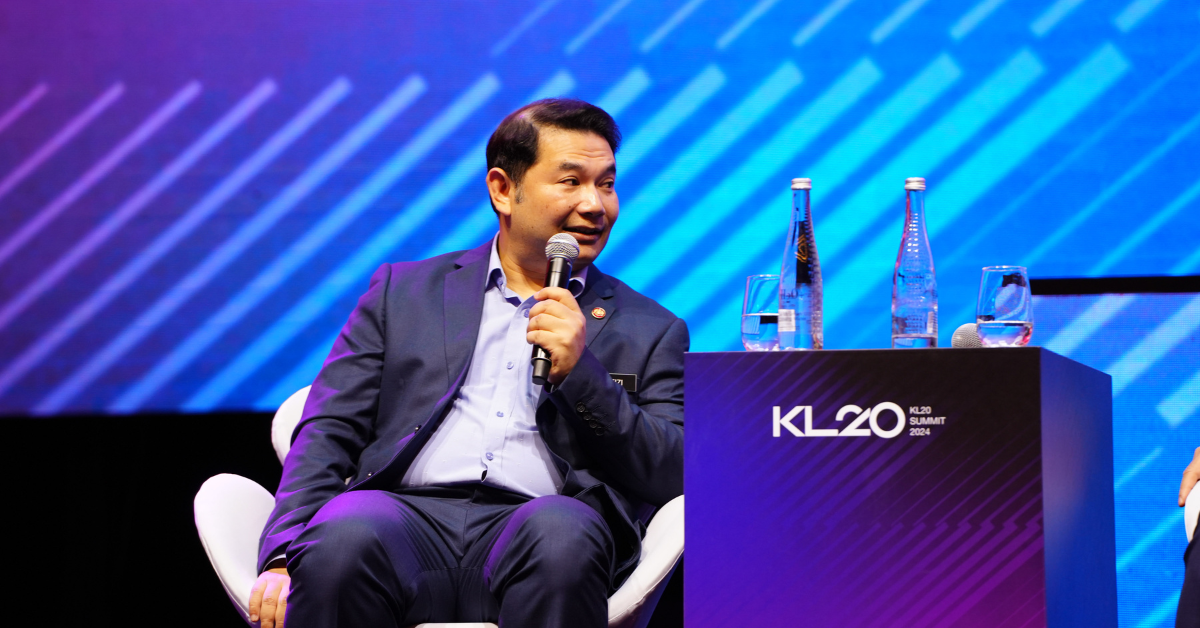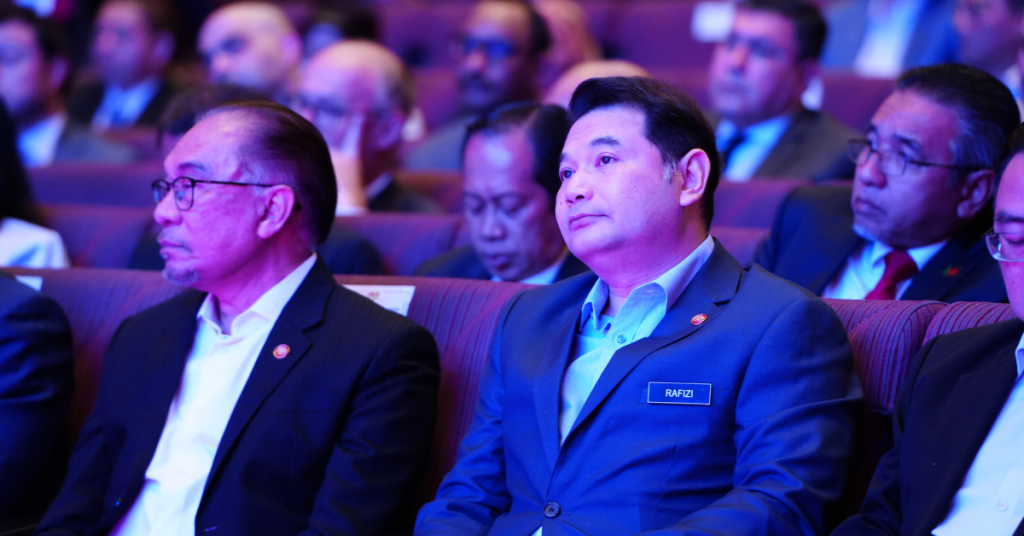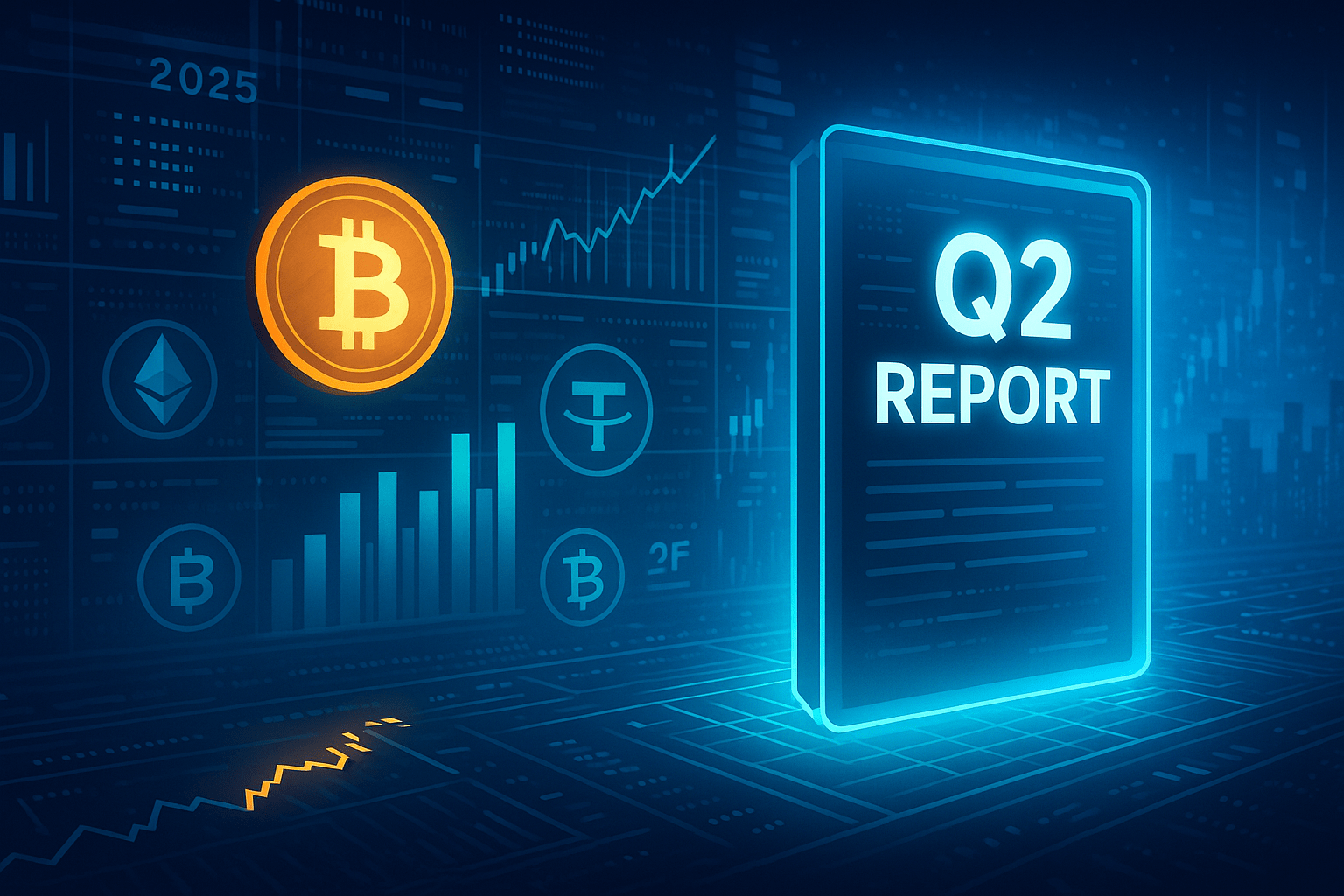Rafizi Ramli shares his biggest concern: Malaysians’ risk aversion & success model
Rafizi Ramli, Malaysia's Minister of Economy, said at the KL20 Summit that Malaysians must change our perception of risks and success.

If you were to ask top Malaysian students what their career goal is, what do you think their answer would be?
Our Minister of Economy, Rafizi Ramli, believes that many of these highly trained Malaysians would want a nice, stable job at a big corporation.
“And that presents a problem to the country especially as we are pushing for higher value type of economic activities, especially in startups and tech, where it is extremely, extremely risky,” he pointed out.
He shared this on the first day of the KL20 Summit 2024 during a panel titled “From Malaysia to the World: Open for Tech Business”. He shared the stage with Dato Amirul Feisal (Managing Director of Khazanah), MX Kuok (Managing Partner of K3 Ventures), and Datuk Hajah Nik Amlizan Mohamed (CEO of KWAP).

Of course, Rafizi himself understands that entrepreneurship is difficult, which may be why it’s the path less taken.
“If I have the opportunity to relive the life of a startup founder, having gone through it the first time, I wouldn’t do it,” he admitted. “It’s actually very difficult.”
He pointed out that being a startup founder in Malaysia in the past 10 to 15 years was doubly difficult compared to anywhere else, partly because the ecosystem of the yesteryears was geared towards bigger companies with unicorn potential, rather than early-stage startups.
However, the minister pointed out that it takes a robust ecosystem with a strong and wide foundation in order to sustainably produce unicorns.
And to get that to happen, Malaysians must change the way we view success and risk.
Growing a hunger for risk
Rafizi said that the ability of the government to change our society’s success model and risk aversion is one of his biggest concerns.
“Malaysia as a country has built our economy on large scale sectors. Plantations, oil and gas, electronics, so much so that for the last 50 years, we look at employment in big industries as an affirmation of success,” he explained.
The minister continued, “If you were to strike it on your own here, it’s very difficult. It’s difficult because it’s risky, and it becomes a vicious cycle, precisely because it’s risky, the capital wouldn’t come in. The whole ecosystem does not support it.”
And he believes that it’s our preoccupation with stability that is the root of that challenge. As such, it’s imperative to change society’s appetite for risk, success, and innovation.
 Image Credit: KL20 Summit
Image Credit: KL20 SummitWhile growing this risk appetite might come organically as more founders come in and find success, the government is keen on catalysing the change in mindsets, so that the country can achieve the ambition of having a top 20 startup hub by 2030.
“Ultimately, we have to change the fibre of society,” he said. “And that goes into the education system, into the government’s focus. And that’s why we need to send the signal to society that the government takes risks seriously.”
De-risking through continuity of capital
Continuing that line of thinking, Khazanah’s Dato Amirul Feisal shared, “One thing that might reduce the risk is the availability and the continuity of capital from early all the way into the late stage.”
 Dato Amirul Feisal / Image Credit: KL20 Summit
Dato Amirul Feisal / Image Credit: KL20 SummitAnd that’s where institutions like Khazanah come in. He believes that given their mandate and their reach, Khazanah is able to take bigger risks, welcoming partners that look at the whole ecosystem, ensuring that capital continues from venture generation up to Series A and further growth stages.
MX Kuok also chimed in on the conversation, believing that the continuity of capital can help create a culture of risk-taking in Malaysia.
“Because when they start up a company from zero to one, they know there’s a path and line of sight to the milestones they have to hit in order to graduate and continue to expand overseas, for example.”
And showcasing that path and its potential is what KL20 is about.
More failures, please
Something else that MX thinks is important is to create a culture that doesn’t punish failures.
He pointed out that the founders of huge companies like ByteDance and Meituan have all failed before.
“If we impose on capital allocators to be not forgiving but objective about the talent and business model, then we could actually be thoughtful in the way that the capital allocators rally behind people who are talented and willing to take risks, but were perhaps on the wrong side of the stick when it came to the timing,” he explained.
Essentially, failures should be something that’s celebrated and maybe even sought after by capital providers. And with that change in perspective, more people may become encouraged to venture into entrepreneurship, too.
Explore, not exploit
Sharing her wishlist for companies in Malaysia, Datuk Nik from KWAP stated that she hopes to see more explorative R&D being done.
 Datuk Nik and MX / Image Credit: KL20 Summit
Datuk Nik and MX / Image Credit: KL20 Summit“I think Malaysian corporates do not spend enough on R&D,” she said. “If they do spend, it’s mainly on the exploitation of the current processes.”
That refers to research that’s focused on the improvement of what is already being done, rather than innovating something new entirely.
For KWAP, they’re doing the latter internally through an innovation lab that is set to carry out more exploration.
But again, focusing on explorative R&D rather than exploitative R&D may involve more risks, as it’s contingent on trying new things. But as Datuk Nik put it, that’s what it’ll take to level up.
The vision of success
Earlier, Rafizi had mentioned changing society’s success model. So, what does success look like in the future, once we implement the above insights?
Aside from the usual metrics and numbers, the minister shared that he hopes to see more early success stories.
“And when I say early success stories, it’s not necessarily just Malaysian-grown startups making it big, either surpassing Series C, going to more than US$1 billion-US$2 billion valuations,” he elaborated. “But I want to see a confluence of tech talents around the world here.”
The other bit is having more companies ready to go for listing locally.
 Image Credit: KL20 Summit
Image Credit: KL20 Summit“If we compare our Bursa market with some others, our tech weightage is very low,” he said. “What a pity. Because this is a country that is recognised globally as one of the most important semiconductor players in the world.”
With more IPO-ready companies in Malaysia, the government will be able to focus more on regulation and the ecosystem and less on funding and direct intervention. Basically, the ecosystem will be more self-sufficient.
To get to that future, we must begin by realising that risk-taking is crucial, and eliminate the fear that comes with failure. All this is easier said than done, but with the government leading the way by example, hopefully more Malaysians will be willing and able to make that leap of faith.
Learn more about KL20 Summit here. Read other articles we’ve written about Malaysian startups here.Featured Image Credit: KL20 Summit

 Aliver
Aliver 






























